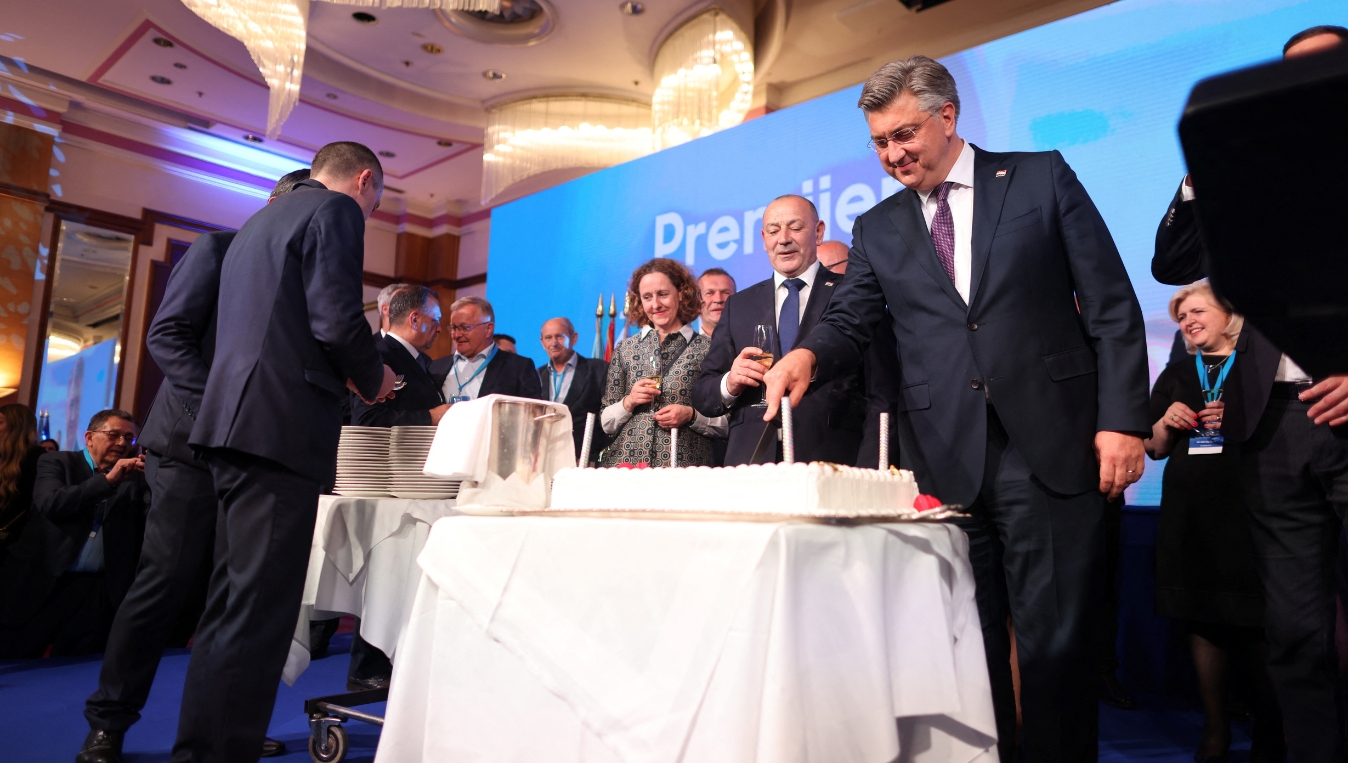Prime Minister Andrej Plenkovic of the conservative, pro-European HDZ party was sworn in for a third term last month when the Croatian parliament accepted his cabinet. The far-right Homeland Movement (DF) and the HDZ forged an alliance, which allowed the DF to win three ministerial places in the 18-member cabinet. This coalition was crucial to Croatia’s entry into the EU’s Schengen area and the euro zone.
One goal that Plenkovic emphasised was a “successful, vital, just, sustainable, and sovereign Croatia.” 79 of the 141 MPs voted in favour of the government, 61 against, and one did not vote. The DF, which is well-known for its anti-immigrant stance and defence of traditional values, is concerned about a rightward tilt. However, under HDZ’s leadership, experts predict that important immigration and minority rights policies won’t alter.
According to political analysts Davor Gjenero and Teneo’s Andrius Tursa, the government will stick to its centrist, pro-EU policies while maintaining a resolutely pro-Western and pro-Ukrainian position. Due to the dominance of the DF, the minority Serb party is not included in the coalition agreement.
With 61 seats obtained by HDZ in the 151-seat parliament, a majority was only possible with the 14 seats held by DF and the backing of minority parties—apart from the Serb SDSS.















